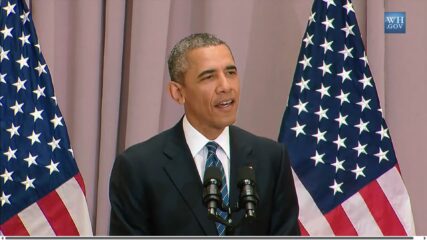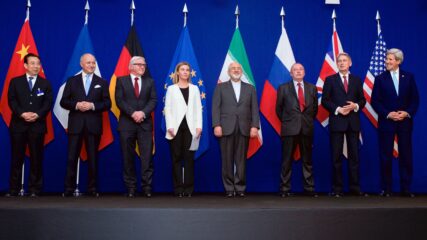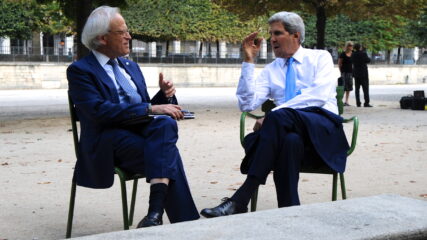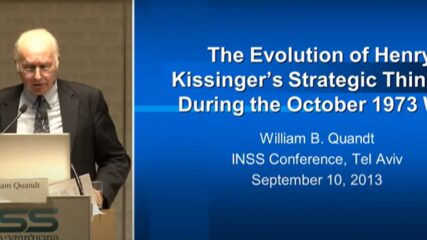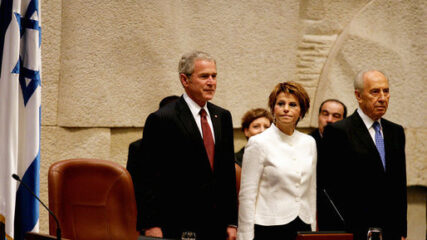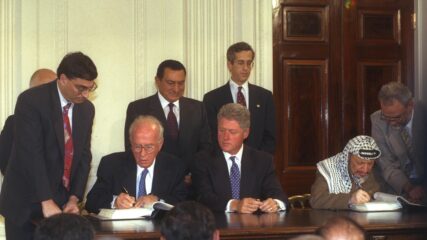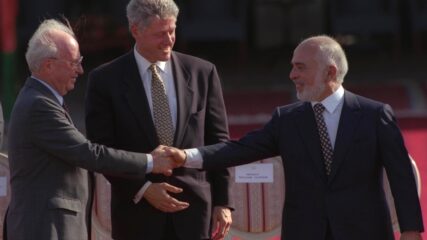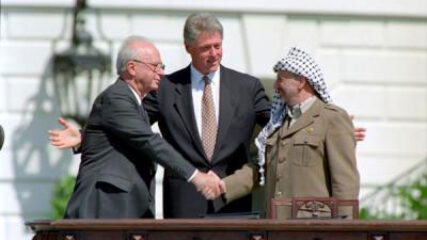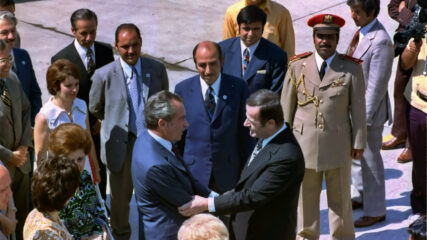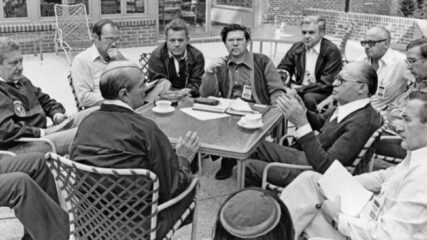Remarks by President Obama on the Iran Nuclear Deal at American University, 2015
Vigorously promoting this Iran Deal as a viable way to block and limit Iran pathways to a bomb. While recognizing Israel’s intense trepidation to the deal, he forcefully claims that war remains the only alternative to accepting this agreement, or to any changes to the agreement.

